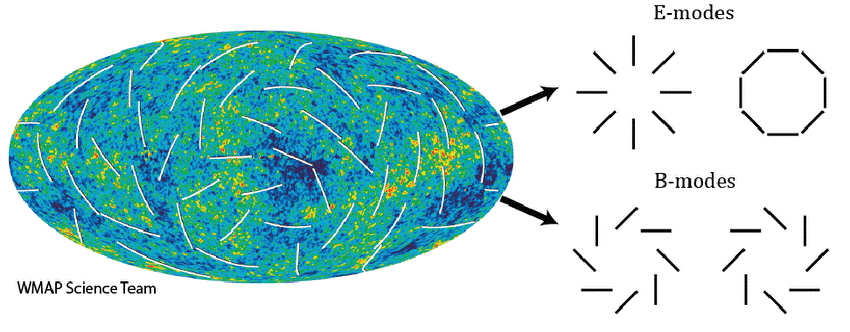
The PhD defence and trial lecture will be hybrid. Attendees can therefore participate either in-person or via Zoom. The link will be available the day before the disputation. The host of the session will moderate the technicalities while the chair of the defence will moderate the disputation. The Zoom links will be published no later than the day before the disputation.
Ex auditorio questions: the chair of the defence will invite the audience to ask ex auditorio questions either written or oral. This can be requested by clicking 'Participants' -> 'Raise hand'.
Join the disputation
The meeting opens for participation just before the disputation starts, and closes for new participants approximately 15 minutes after the defence has begun.
Join the trial lecture - 27th of November at 10:15 (Aud. 209, Svein Rosselands Hus/Zoom)
"Imaging black holes with the Event Horizon Telescope"
Conferral summary
Ved å analysere den eldste strålinga i universet, den kosmiske bakgrunnsstrålinga, kan vi få informasjon om universet da det var veldig ungt. Vi tror at universet utvidet seg raskere i begynnelsen enn lysets hastighet, og dette skapte gravitasjonsbølger som vi håper å finne spor av i bakgrunnsstrålinga. Vi planlegger derfor nye satellitteleskop for å gjøre nye og bedre målinger, og forhåpentligvis finne gravitasjonsbølger og øke vår forståelse av universets begynnelse.
Main research findings:
The oldest radiation in the universe is the Cosmic Microwave Background (CMB) radiation. Analysing the CMB is like analysing a baby picture of the Universe, and gives us unique information on what the Universe looked like at a very early stage.
There are however some missing pieces in our understanding of how the Universe was created. One of them is the prediction that the Universe expanded faster than the speed of light for an extremely short period of time right after our Universe was born, in the period of cosmic inflation. This should have created gravitational waves. Detecting the gravitational wave signal has however proven very difficult, and we do not know how strong it is.
I have been working with future space telescopes, designed to detect these inflationary gravitational waves. To make sure they are sensitive enough, we make simulations of how they will observe the sky, including the noise from the telescope. Then we try to find the signals we put into the simulations. By doing so we can test if the telescope perform as expected. We also get to test our data analysis algorithms, and can explore and suggest potential improvements for the telescope.

Contact information for the Institute of Theoretical Astrophysics